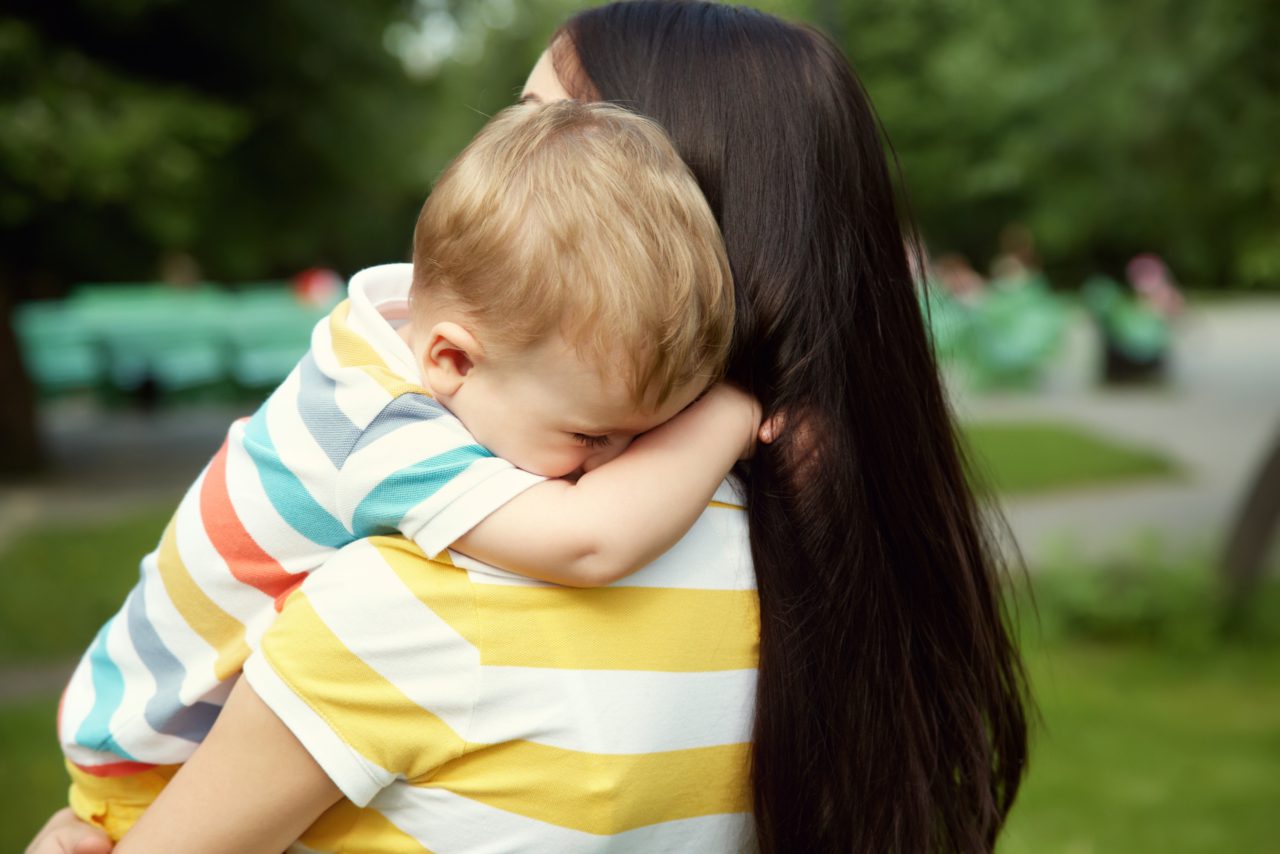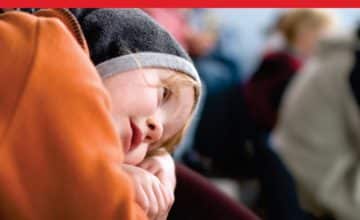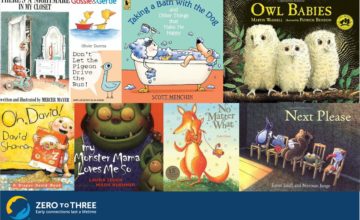Here at ZERO TO THREE, our hearts go out to all those affected by natural disasters. We are so sorry for all you have been through and all you have lost. As you are working to put your life back together, we know how concerned you are about taking good care of your young child.
Taking Care of Your Young Child
Babies and toddlers are affected by scary events, even though they may not understand what they see or hear. Since young children are not able to talk about their feelings, they act them out. This is why you may see changes in their behavior.
Behaviors caregivers may see in your child after a scary experience:
- Clings to you. Cries and whines more.
- Is afraid to be away from you.
- Hits, kicks, or bites other children or you more than usual.
- Keeps to himself. Refuses to play or talk with others.
- Acts out scary events in her play.
- Has trouble falling asleep and sleeping through the night.
- Refuses to eat, or eats more than before.
- Gets upset easily and is harder to comfort.
- Returns to earlier behavior, like potty accidents and thumb sucking.
How to help your child cope:
- Cuddle and hug your child. He needs that extra loving to help him feel safe and secure when things are so uncertain.
- Maintain a regular routine with your child as much as possible. Routines make children feel safe. It can be very comforting to sing the same goodnight songs or play the same games you did at home.
- Allow your child to act more “babyish” than usual. This is one way young children cope under stress. When you respond to their need for more support, these behaviors are likely to end sooner.
- Offer your child safe ways to express feelings, such as drawing, pretend play, or telling stories.
- Pay close attention to your child’s feelings. Let him know you understand by naming his feelings: “I know you are ‘scared,’ ‘sad,’ or ‘angry.’” Ignoring feelings does not make them go away.
- Don’t discourage your child’s play because you find it upsetting. Many young children cope with frightening events by acting them out in play.
- Do things together that feel good, in whatever way you can. Laughing and being silly together can relieve stress. Enjoy the warmth of cuddling close. There is nothing more powerful and healing than just enjoying each other.
- Be patient and calm when your child is clingy, whiny or aggressive. He needs you to help him regain control and feel safe.
- Answer your child’s questions according to her level of understanding: “Yes, a bad thing happened but we are keeping you safe.”
- Protect your child from seeing troubling images. Turn off TV (if you have access to one).
- Don’t talk about scary events around your child. Young children understand more than we can know.
Taking Care of Yourself
You are the most important person in your child’s life. You are the one that helps them feel safe. When you are worried or sad, they know. Taking care of yourself is one of the most important ways you take good care of your child.
Feelings you may be having during this stressful time:
- Trouble sleeping. You might wake up in the night or have nightmares.
- Eating changes. You may not be hungry. Or maybe you are eating everything in sight.
- Get upset easily; lose your temper; cry a lot.
- Can’t stop thinking about the hurricane.
- Feel afraid and worried about what is going to happen to you and your family.
- Feel you have no energy to do anything, even though there is so much to do.
- Feel that you have little control over your life.
- Feel hopeless about future.
How to take care of yourself:
- Stay connected. Talk to people you trust. Share your feelings, fears and concerns. Keeping these strong feelings inside can make them grow and add to your stress.
- If possible, find ways to get some exercise alone and with your child. This can be a great way to reduce stress.
- Take a break in whatever way you can. Take a walk, read—do something that soothes and satisfies you.
- Find ways to have fun with your child. Activities like singing and reading books together can relieve stress for both parent and child!
- Establish a daily routine as best you can.
- Ask for support! Consider talking to a trusted health professional or seeking other professional help if you have further questions or need more support.
Additional Resources
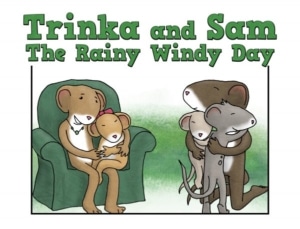 Free disaster resource developed jointly with the National Child Traumatic Stress Network
Free disaster resource developed jointly with the National Child Traumatic Stress Network
Trinka and Sam, two small mice, become scared and worried after they experience a severe hurricane and witness damage to their community. Even after the hurricane has passed, the rain and wind remind them of what happened. The story describes their reactions and shows how their parents help them to express their feelings and feel safer.
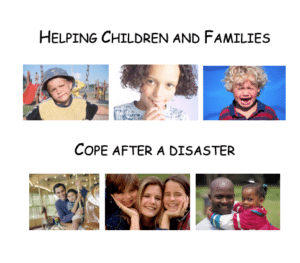 Helping Children and Families Cope After a Disaster
Helping Children and Families Cope After a Disaster
Reactions to traumas are difficult to predict. They may occur immediately after the event or days and even weeks later. Download this free resource developed by the Louisiana State University Health Services Center Department of Psychiatry to help families with young children cope during the aftermath of a hurricane.

